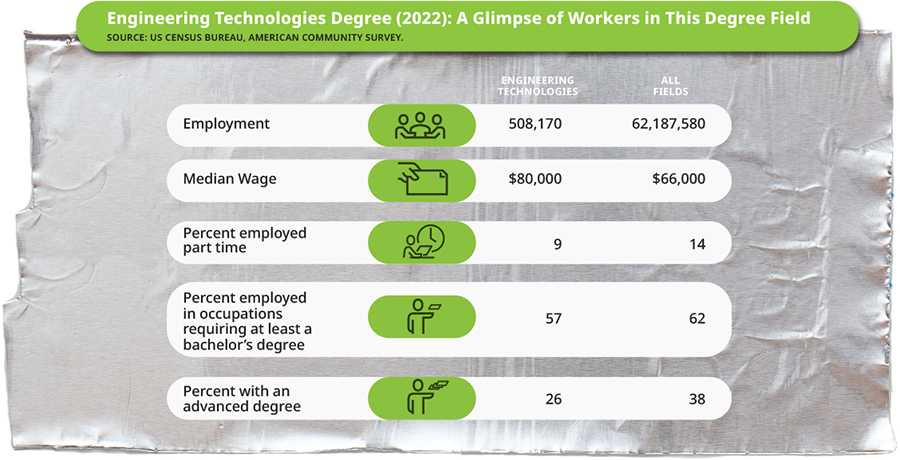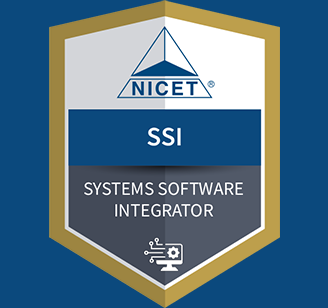July/August 2018
PE Report
Modernizing the Graduate Experience
STEM professionals in the US are in high demand, but employers and students don’t believe that graduate programs are providing adequate preparation for the world’s changing economic, societal, and technological needs, says a recent National Academies report.
The report is calling on institutions of higher education to revamp their programs to better provide the technical, leadership, communication, and professional competencies needed for graduates to thrive outside of academia. Schools should also shift to a student-centric culture that demonstrates best practices in mentoring and rewards, the authors say, and that promotes faculty members based on their teaching and mentoring outcomes, rather than research output.
The report recommends the following:
- Reward effective teaching and mentoring. Advancement procedures for faculty, including promotion and tenure policies and practices, should be restructured to strengthen recognition of contributions to graduate mentoring and education.
- Provide national and institutional data on students and graduates. Graduate programs should collect, update, and make easily accessible information about master’s- and PhD-level education outcomes to current and prospective students.
- Ensure diverse, equitable, and inclusive environments. Graduate STEM education should enable students of all backgrounds to succeed by implementing practices that can create an equitable and inclusive institutional environment. This includes, but is not limited to, racial and ethnic background, gender, stage of life, culture, socioeconomic status, disability, sexual orientation, gender identity, and nationality.
- Offer graduate students career exploration and preparation. Students should be provided an understanding of and opportunities to explore the variety of career options and pathways afforded by STEM degrees.
- Examine the structure of doctoral research activities. Curricula and research projects, team projects, and dissertations should be designed to reflect the state of the art in the ways STEM research and education are conducted.
- Provide funding for graduate STEM education research. The National Science Foundation, other federal and state agencies, and private funders of graduate STEM education should issue calls for research proposals to better understand the graduate education system and outcomes of various interventions and policies.
- More strongly support graduate student mental health services. Institutions should provide resources to help students manage stress.


 Volunteering at NSPE is a great opportunity to grow your professional network and connect with other leaders in the field.
Volunteering at NSPE is a great opportunity to grow your professional network and connect with other leaders in the field. The National Society of Professional Engineers (NSPE) encourages you to explore the resources to cast your vote on election day:
The National Society of Professional Engineers (NSPE) encourages you to explore the resources to cast your vote on election day:










